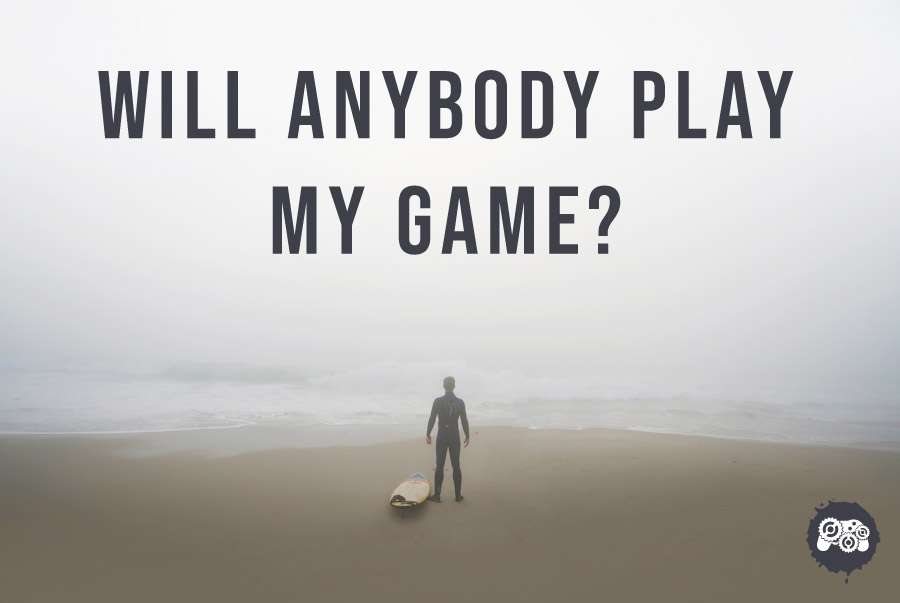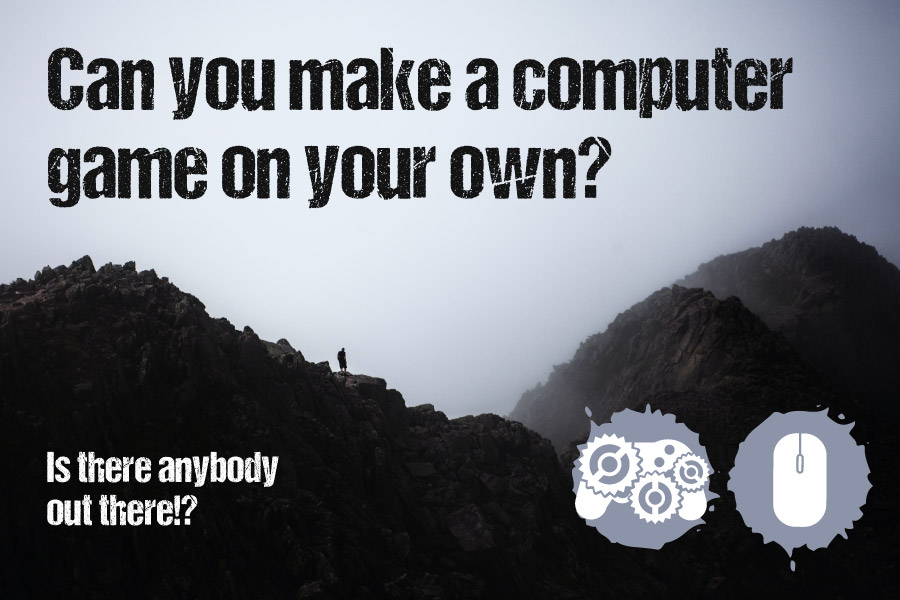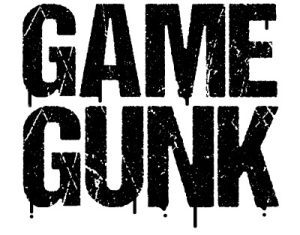If you are starting out on your indie game creation journey, you may be wondering If anybody will play your indie game.

It is a fair question! Is it insecurity that is making wonder if anyone will care about your indie game? Or, the great unknown? Who wants to go to the trouble of making a game, only to find, nobody – but you, wants to play it?
Will anybody play your game? Will anybody else care? Can you save the heartache?
There is no guarantee that anybody will want to play your indie game – none. There are, however, measures you can take to increase the likelihood of somebody playing your game. And not only playing your game but loving it. When creating indie computer games, you need to be realistic with your expectations. If you are in it with the expectations of making a lot of money from your first game, you could be disappointed due to various factors such as overzealous expectations, lack of budget, and inexperience.
Here are some measures you can take that will make people want to play your game.
“Will anyone play my indie game? Don’t leave it to blind hope…”

Will anyone play my indie game | List of suggestions
1 ) Create a really good game
This should be a given. Make sure your game is well-designed and provides an enjoyable gaming experience! Polish and refine your indie game as much as possible before releasing it to the general public. The gaming community is not always kind!
Make the best game you can with the resources at your disposal.
2 ) Consider the visuals
Whether it is a 2D or 3D game, despite what people say, the appearance of your game is important. Just like a book and its cover, gamers will judge your game by what they see on first appearances. Whether it is a 2D game, a horror game, an action game etc etc. If you are willing people on to play your game, make it as visually striking as possible, regardless of whether it is 3D or 2D.
3 ) Research the genre
If you don’t play for the genre, you may struggle to design for the genre. Immerse yourself in the genre of the game you are intending to make. Look at other games, blog posts, or demos. Making an RPG game? Research and play an RPG game. Making an old-school style point-and-click game? Play old point-and-click games.
4 ) Release demos of your indie game
To build a buzz, consider releasing a demo version of your game to players to generate initial interest. For example, you can consider these platforms for your HTML5 games or these platforms for your Unity game. Both links lead to other posts on this blog if you are considering where to distribute your game.
5 ) Bug test your game
Don’t leave your game riddled with bugs and glitches like my graphic adventure experiment! Make sure to play test your game first if you want this game to be played and taken seriously in a commercial setting.
6 ) Build a following
If you want people to play your game, start building a community before its release. Engage with players, answer their questions, and listen to their suggestions. Make your community feel valued! This can create a loyal fan base.
7 ) Make it for your players
This game may be a passion project, which is fine. But if you want your game to be played and enjoyed by somebody, you need to make it enjoyable. Remember to make it for the players if you want your game to be popular.
8 ) Make your game available on various platforms
Publish your game on popular gaming platforms like Steam, itch.io to get your game seen.
This post may be of interest to you if you are looking to publish your Unity game to a platform for free. Or, these platforms for your HTML5 game. Depending on your target audience, Each platform has its own community and user base.
9 ) Network with the industry
Will anyone play my indie game? Don’t leave it to blind hope… Network with other indie game developers and the gaming industry in general. Collaborations and cross-promotions can help expand your reach. Speak to bloggers, YouTube influencers, and writers!
10) Remember marketing
As somebody who is trying to make an indie game, it can become easy to overlook the marketing stage. If you want somebody to find your game you will need to publish and promote your game to social media or various platforms.
11 ) Don’t just rely on your family and friends
Most family and friends have your best intentions at heart, therefore this can create a biased view of how your game will be received. Don’t just rely on your family and friends for opinions on your game.
12 ) Speak to publishers
You may wish to retain total control over your game. That is fine, but there are some indie-friendly publishers in the games industry that may be able to act more as a partner rather than a dictator for how your game will be created and played!
If you want maximum exposure for your game, perhaps you should consider looking at publishers to help you. A publisher is much more likely to guarantee that somebody will play your computer game, but you will need to leave yourself open to suggestions.
13 ) Get the price right
If you want people to play your game, you will need to consider a fair price based on the quality, game length, and replay value. Determine an appropriate price point for your game. Discounts or bundles may attract more players during promotional periods which will encourage more exposure to your game.
14 ) Make your indie game ‘playable’
Make your game easy to play and enjoyable. If you want people to play your game, making a game that is ‘playable’ is important. A pretty game with poor game mechanics will cause more harm than good to you and your indie game. If you intend on taking your game to the next step, make sure people will enjoy your game, if you seek commercial success! And, just take pride in what you do.
15 ) Get people talking
will anyone play my indie game… is there anyone out there?
Make your game compelling enough to get people talking, and not for the wrong reasons either. Although controversy can be good for publicity it can also really come back to bite you, so be careful!
Get people talking about your game. Is your game good enough for other people to talk about it when you’re not in a room? Do they care enough?
Could you make something so exciting, and dare I say it, AWESOME that a player would want to talk about it when you were not around? Sleep on that one.
16 ) Make it professional
Keeping your game, website, branding, and all else in line with your marketing looking slick and professional will put you forward as a reputable game studio. Even if you are just a one-person company.
Will anyone play my indie game – maybe… the takeaway
If you’re still wondering if anyone will play your game. There is no guarantee anybody would want to play your game. Even with your best efforts. Nothing is promised.
But the ideas above may increase your chances of getting people to play a game. Make it appeal to gamers, be where your audience is, and just do a good job, and remember to market your game. That is what I shall close on today.
You may also find this topic interesting, can you make an indie game on your own?

